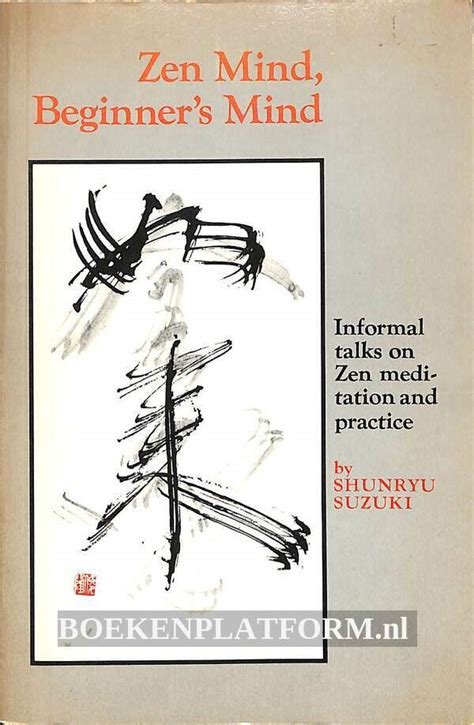By Shunryu Suzuki
This is a delightfully informal book. It flows as a series of loosely woven themes – transcripts of Suzuki Roshi’s Dharma talks. He encourages his students in their practice and discusses Zen in simple and direct language – pointing to the luminous nature of their ordinary lives. The talks are divided into three larger sections that correspond to the body, emotion, and mind aspects of Zen meditation. No talk is longer than three pages, which makes it an excellent book to read before or after practice.
This book has immense significance for anyone who practices silent sitting. It is informal – as the nature of mind is informal. It is simple in the way that a thunderstorm is simple. ‘Beginner’s mind’ is a phrase that Suzuki Roshi knew from the work of Dogen Zenji, founder of the Soto school of Zen. It is essential to Zen and also to Dzogchen sem-dé as taught in Aro. In the Prologue, Suzuki Roshi says:
“Our ‘original mind’ includes everything within itself. It is always rich and sufficient within itself... In the beginner’s mind there are many possibilities; in the expert’s mind there are few.”
This is the essence of silent sitting, and Zen Mind, Beginner’s Mind presents this essence in a variety of displays. It presents the mind of a realised master mirroring for his students how every aspect of their lives can be an expression of realization.
Suzuki Roshi was a personal friend of Chögyam Trungpa Rinpoche. Ngak’chang Rinpoche has recommended Zen Mind, Beginner’s Mind since he first taught in 1976 – commenting: “This book could easily be seen as a text on the four naljors of Dzogchen sem-dé.”
See Zen Mind, Beginner’s Mind at amazon.com
See Zen Mind, Beginner’s Mind at amazon.co.uk
Zen Mind, Beginner’s Mind zu finden bei amazon.de







